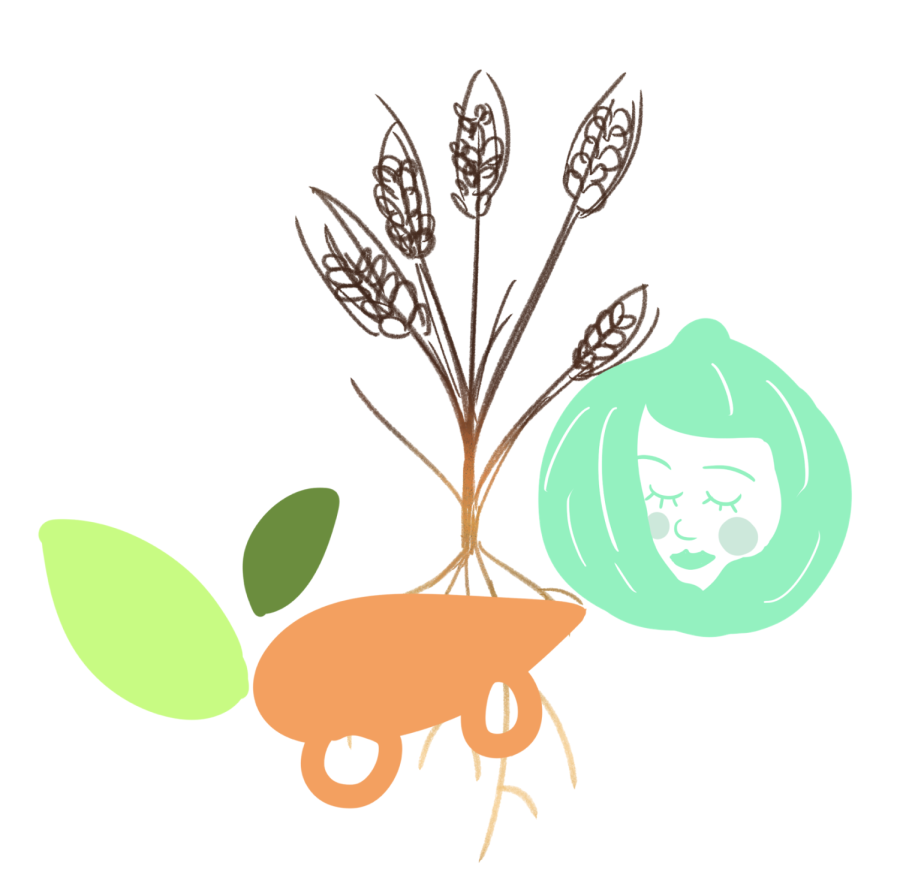San Antonio restaurants that go green to save green
One challenge that many sustainable food businesses in San Antonio are facing is what to do with their excess food
From donating surplus food to churches to using biodegradable packaging materials or offering plant-based menu items, being sustainable can mean many different things. Many San Antonio food businesses strive to be environmentally aware on top of being delicious.
However, each of these restaurants, bakeries, cafes, etc. seem to face the same challenge of not knowing what to do with their excess food. There are many ways to support local businesses that strive to be conscious of the trail they leave. These businesses are often great options for vegetarian and vegan students when Mabee Dining Hall is not cutting it for them.
One common theme among environmentally friendly restaurant owners in San Antonio is the emphasis on using local ingredients. At the Pearl’s weekly farmer’s market most vendors showcase supplier relationships for product sourcing, like Oro Bianco (gelato) which proudly hand-picks fresh fruits weekly from local Texas farms, makes chocolate from raw, single-origin cacao beans, uses herbs that they grow themselves and eggs from ducks that they raise on their ranch in Fredericksburg, TX. Additionally, Miss Chickpea’s Bake Shop, a cafetal with homage to one of the owner’s childhood, sources many of their organic ingredients from Pottsville and gets their masa from Tex-Mex restaurant Teka Molina, where masa is grinded fresh daily. As owner Tatiana Mccullough said, “We pride ourselves on using the best ingredients, keeping everything homemade from scratch and of course never forgetting the most important ingredient — love.”
For any students who want to source locally sourced food, farmers markets are a great way to do so.
Cara Pitts is co-owner of Southern Roots, a family-run, Black-owned company that takes pride in crafting delicious, 100% vegan versions of Southern classics. Southern Roots is not a traditional brick and mortar bakery but rather manufactures and ships their own products to customers and wholesale accounts. Southern Roots just began as a Sunday vendor at the Pearl’s farmers market, selling entirely vegan baked goods, like red velvet donuts and chocolate luxury volcano cake.
“We effectively manage our food waste by being mindful of our production and closely monitoring our inventory,” said Pitts. Southern Roots frequently donates excess food to local churches, such as The Rock Fellowship and Grace First Baptist, but strives to produce just enough to meet demand and minimize waste.
Tatiana Mccullough from Miss Chickpea’s Bake Shop discussed the importance of packaging and materials her and her staff use in-store.
“We use a lot of compostables … like straws,” Mccullough said. “Some to-go boxes are made from sugar cane paper, rather than the clam shell plastic ones. Also, I tell my staff to use wax paper baggies on certain foods instead of plastic gloves to grab the baked goods.”
Mccullough also does her best to work on managing food waste in innovative ways, like reusing misshapen batches of cookies as crust for other baked goods and discounting day-old baked goods that many regulars bring home and freeze. However, Mccullough expressed a wish for there to be a local organization she can donate excess food to because she has yet to find one, a concern expressed by Erik and Katie Yeargan from Boss Bagel on New Braunfels Ave as well.
While it may seem difficult to find and support environmentally friendly businesses, San Antonio hosts a variety of restaurants that are striving to be more sustainable. From locally-sourced ingredients to minimizing waste, environmentally-conscious restaurants are on the forefront of the green wave.












Michelle Heidt • Jun 13, 2023 at 10:01 am
We finally have a food waste solution in the San Antonio area! Check out Too Good To Go!